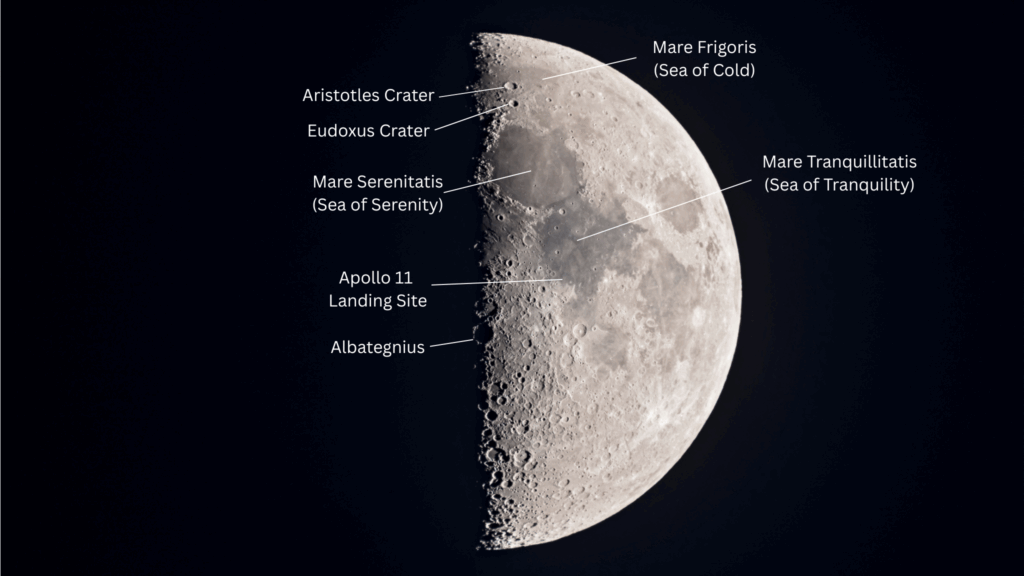A new lunar rover has been unveiled for an upcoming mission to the moon aboard a SpaceX Starship.
Hawthorne, California-based Astrolab has reached an agreement with SpaceX to launch its Flexible Logistics and Exploration (FLEX) rover on an upcoming Starship mission to the moon. The mission is currently scheduled for as soon as the middle of 2026, according to an Astrolab statement (opens in new tab) published Friday (March 31).
When it arrives, FLEX will be the largest and most versatile rover ever to roll across the lunar surface. It appears in pictures to be a little smaller than a standard four-door car, and has a mass of over two tons with a full cargo load. It will be able to carry up to two astronauts, who can drive the vehicle using an onboard panel. FLEX is also designed to be controlled remotely in the absence of any in-person operators, and is equipped with a robotic arm capable of manipulating the craft’s modular cargo area, which can house a varying array of scientific tools and commercial technologies.
Related: NASA needs a new moon car for off-roading astronauts at the lunar south pole

Astrolab built FLEX within NASA’s requirements for the agency’s Lunar Terrain Vehicle (LTV) specifications, and hopes to have an entire FLEX fleet roving the moon’s surface as part of the Artemis program. “We’ve created a logistics system that can accommodate a wide variety of cargo. We expect that this approach will help establish a permanent lunar outpost on the moon at a lower cost and in less time than previously envisioned,” said Astrolab founder and CEO Jaret Matthews in the company’s statement. FLEX’s engineers also envision the rover operating on future missions to Mars.

RELATED STORIES:
Friday’s announcement that FLEX will launch on a SpaceX Starship atop a Super Heavy booster comes just a few weeks before the rocket is expected to attempt its first orbital test flight. Once in operation, Starship is expected to be capable of carrying 100 tons to orbit. NASA has also contracted SpaceX to supply a Starship as the Artemis program’s crewed lunar lander, currently scheduled for sometime in 2025.
In the release, Astrolab revealed that the company has already signed several agreements to carry customer payloads on FLEX’s first mission. Though there were no specifics given, Astrolab indicated the details of those arrangements will be released “later this spring.”
Follow us @Spacedotcom (opens in new tab), or on Facebook (opens in new tab) and Instagram (opens in new tab).


